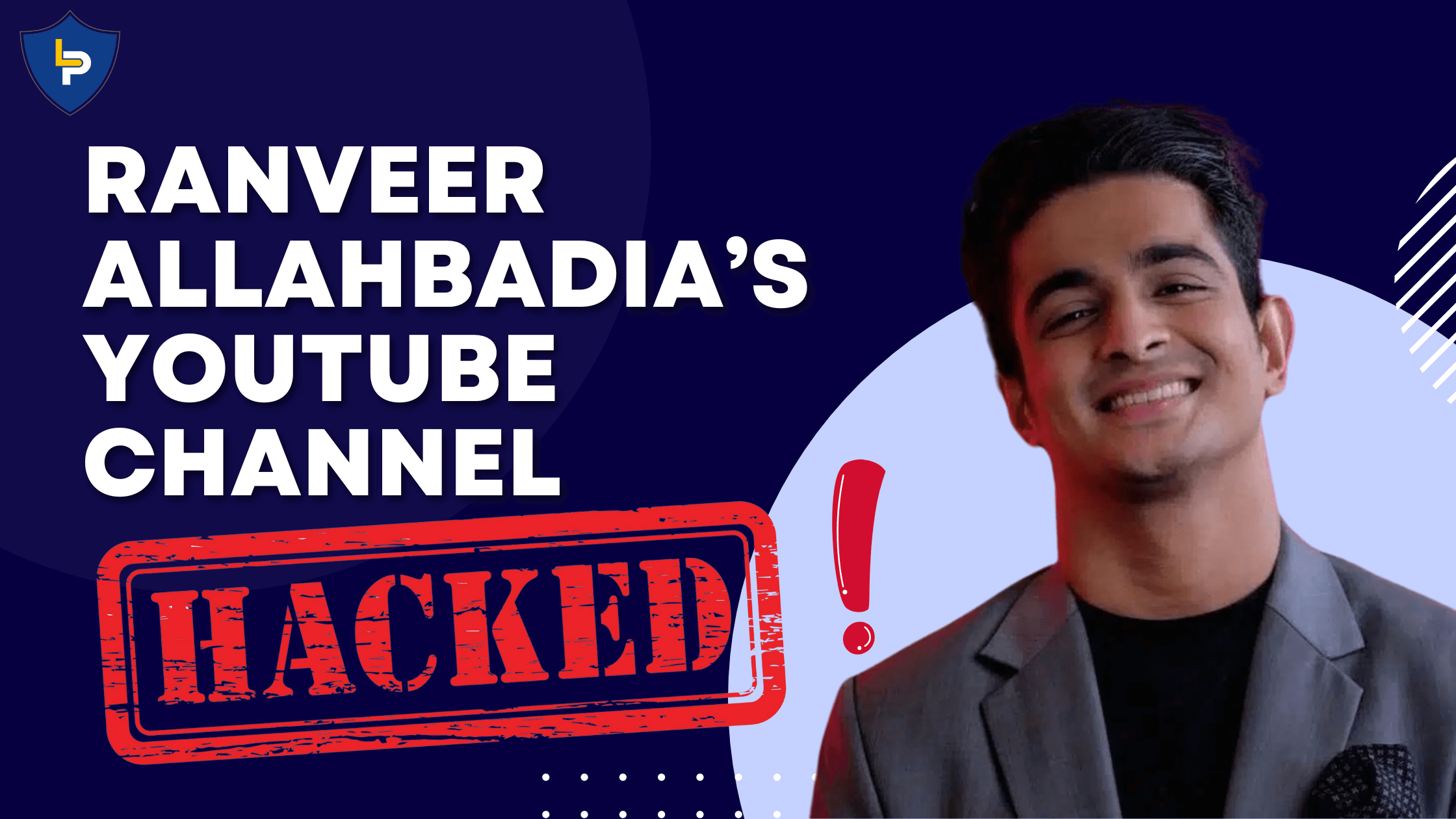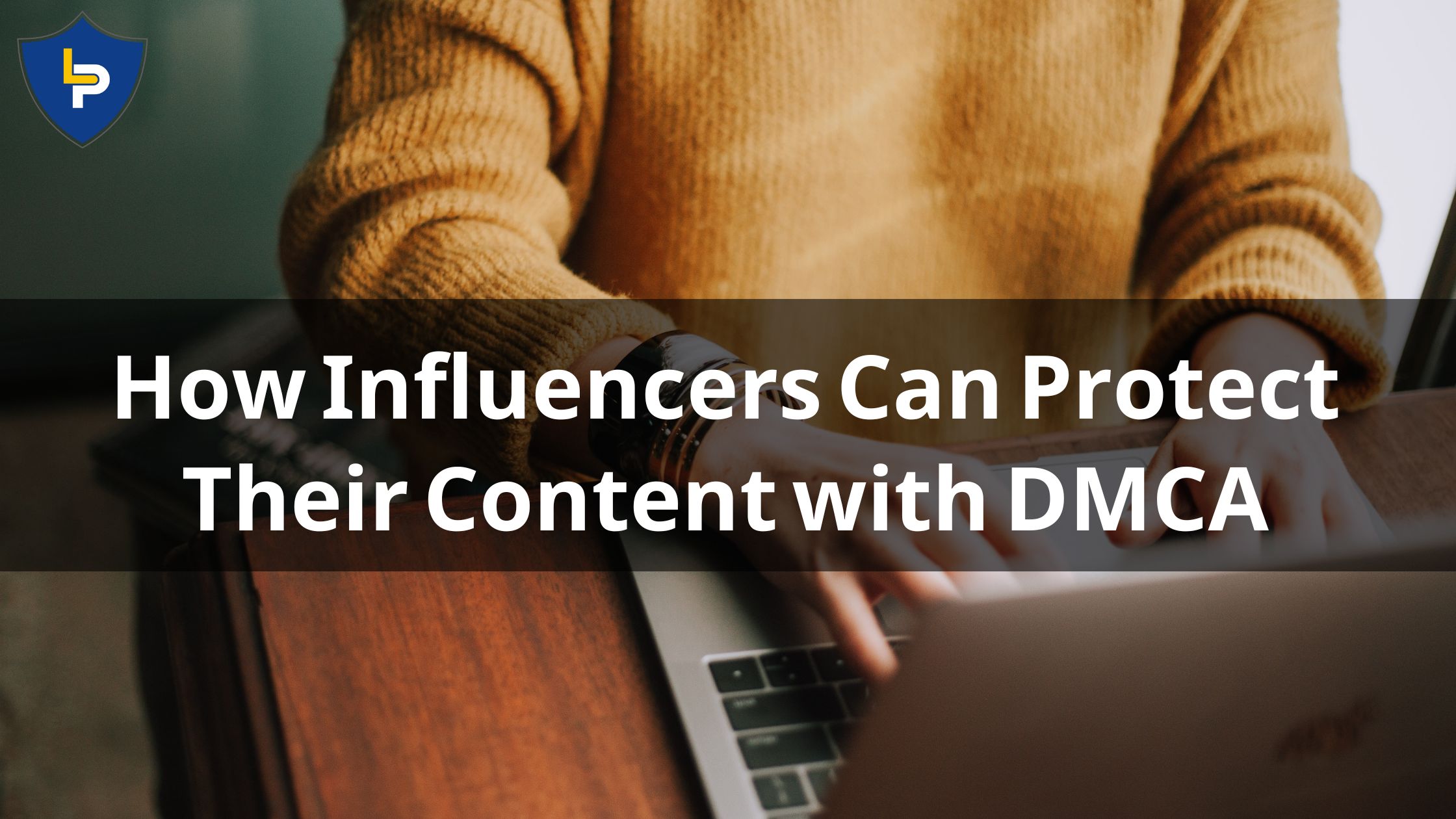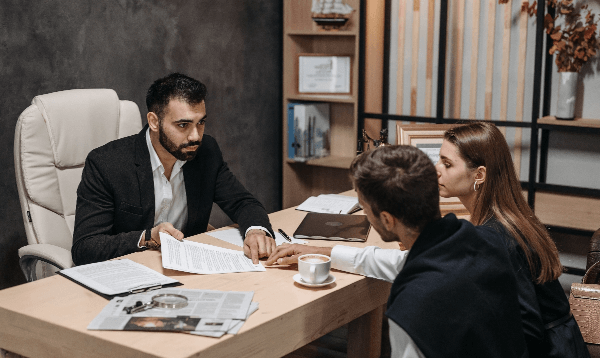In recent times, cyber-attacks and hacking incidents have become increasingly common, affecting individuals and organizations across various sectors. One of the latest victims of such a malicious attack was Ranveer Allahbadia, a popular Indian content creator, YouTuber, and entrepreneur, known widely for his channel BeerBiceps and his talk show The Ranveer Show. The incident, which involved the hacking of his YouTube account, caught widespread attention when multiple videos from his channel were deleted and renamed to “Tesla,” leaving fans and followers in shock.
Who is Ranveer Allahbadia?
Ranveer Allahbadia, also known as BeerBiceps, is a well-known figure in the Indian content creation space. He began his journey as a fitness YouTuber and gradually expanded into lifestyle, self-improvement, and entrepreneurship. Ranveer is also the founder of Monk Entertainment, a talent management and digital marketing company. His talk show, The Ranveer Show, has become one of the most-watched podcasts in India, where he interviews celebrities, entrepreneurs, and thought leaders.
With millions of followers across platforms, Ranveer’s YouTube channels have become a hub for motivational content, inspiring stories, and expert advice. His immense popularity made him an attractive target for cybercriminals, leading to a major hacking incident.
The Incident: Channel Hacked and Videos Deleted
The cyber-attack on Ranveer Allahbadia’s YouTube channel took place in September 2024. According to reports, hackers gained unauthorized access to his YouTube account, deleted several videos, and renamed his channel content to “Tesla.” This action not only confused viewers but also raised concerns about the security of content creators on major platforms like YouTube.
For many content creators like Ranveer, YouTube is more than just a platform for uploading videos; it’s a vital business channel where years of hard work, creativity, and effort are stored. Losing videos or having a channel compromised could have long-lasting impacts on the creator’s career, financial earnings, and audience trust.
How Did the Hack Happen?
While the specifics of how the hackers gained access to Ranveer’s account are yet to be fully disclosed, such incidents typically involve phishing, credential theft, or exploiting vulnerabilities in two-factor authentication (2FA) systems. In several cases, hackers use sophisticated social engineering tactics to trick users into providing sensitive login information or bypassing security protocols.
It’s also worth noting that YouTube, being a Google-owned platform, utilizes Google accounts for login, and an account breach could indicate a compromise of Google services rather than just YouTube.
In similar hacking cases, the attackers often change the names of channels and live-stream cryptocurrency scams, promote fraudulent brands, or use prominent names like “Tesla” and “Elon Musk” to give their malicious activities an air of legitimacy.
The Aftermath: Response from YouTube and Ranveer Allahbadia
Soon after the incident, Ranveer Allahbadia’s team reached out to YouTube’s support services to regain control of the channel. Fans and followers were alerted via social media platforms such as Instagram and Twitter about the hacking incident, and many offered support and urged YouTube to take swift action.
YouTube has a history of addressing these incidents with urgency, given the reputation of its platform and the importance of its relationship with creators. In most cases, hacked channels are restored, and the original content is retrieved, though it can take several hours to several days, depending on the complexity of the situation.
Ranveer’s channel was soon recovered, but the incident served as a wake-up call for both creators and the platform about the risks associated with cyber-attacks.
The Bigger Picture: Growing Trend of Hacking Incidents on YouTube
Ranveer’s case is not an isolated one. In recent years, several high-profile YouTubers have fallen victim to similar attacks, where hackers took over their channels, deleted videos, and promoted scams. Famous creators like Linus Tech Tips, PewDiePie, and even MrBeast have had their channels targeted in the past.
Cybercriminals are increasingly focusing on YouTube creators due to the immense popularity and monetization potential associated with their channels. By gaining control of a high-traffic YouTube account, hackers can live-stream scams, redirect users to fraudulent websites, or sell the account for profit on the dark web.
YouTube’s Security Measures: What Can Be Done?
YouTube, as one of the largest video-sharing platforms globally, has put in place several security measures to prevent such incidents. These include:
- Two-Factor Authentication (2FA): YouTube encourages all creators to enable 2FA, which adds an extra layer of protection beyond just the username and password. When properly implemented, it significantly reduces the risk of unauthorized access.
- Advanced Account Recovery Options: YouTube provides tools for creators to quickly recover their accounts in case of hacking. Creators can also access Google’s account security tools to manage devices, app permissions, and recent activity logs.
- Security Alerts: YouTube and Google notify users of any suspicious activities, such as logins from new devices or locations, providing them with an opportunity to take immediate action.
- Education and Awareness: YouTube regularly advises creators on how to avoid phishing scams, protect their credentials, and be cautious about suspicious links or emails that could lead to unauthorized access.
However, while YouTube has made strides in ensuring platform security, the ever-evolving tactics of cybercriminals make it crucial for creators to stay vigilant and adopt best practices for safeguarding their accounts.
Lessons for Content Creators: Protecting Your Channel : The hacking of Ranveer Allahbadia’s YouTube channel serves as a reminder to content creators everywhere about the importance of digital security. Here are some key takeaways:
- Enable Two-Factor Authentication (2FA): Make sure 2FA is turned on for all accounts, especially those tied to high-visibility platforms like YouTube.
- Use Strong, Unique Passwords: Ensure that passwords are strong and not reused across different platforms. Consider using a password manager to handle complex credentials.
- Monitor Account Activity: Regularly check for any suspicious activity or login attempts on your account. Google provides a security dashboard that shows all devices that have access to your account.
- Be Cautious with Emails and Links: Phishing attacks are one of the most common ways hackers gain access to accounts. Be careful about clicking on links or downloading attachments from unknown or suspicious sources.
- Backup Content: Regularly back up your video content to a secure external drive or cloud service. In the event of a hacking incident, having backups ensures that your content is not lost permanently.
Conclusion: A Cautionary Tale
Ranveer Allahbadia’s YouTube hacking incident highlights the growing threat that cyber-attacks pose to creators on digital platforms. While YouTube has mechanisms in place to prevent and mitigate such attacks, it is equally important for creators to take personal responsibility for securing their accounts.
As YouTube continues to evolve as a platform, both creators and viewers must stay alert to the risks associated with online security breaches. The incident serves as a wake-up call to all content creators about the potential dangers lurking in the digital space and the importance of maintaining robust security protocols to protect their content and personal information.
Blog Author : Nidhi Khetan






 Mon-Sat 10am-7pm IST
Mon-Sat 10am-7pm IST